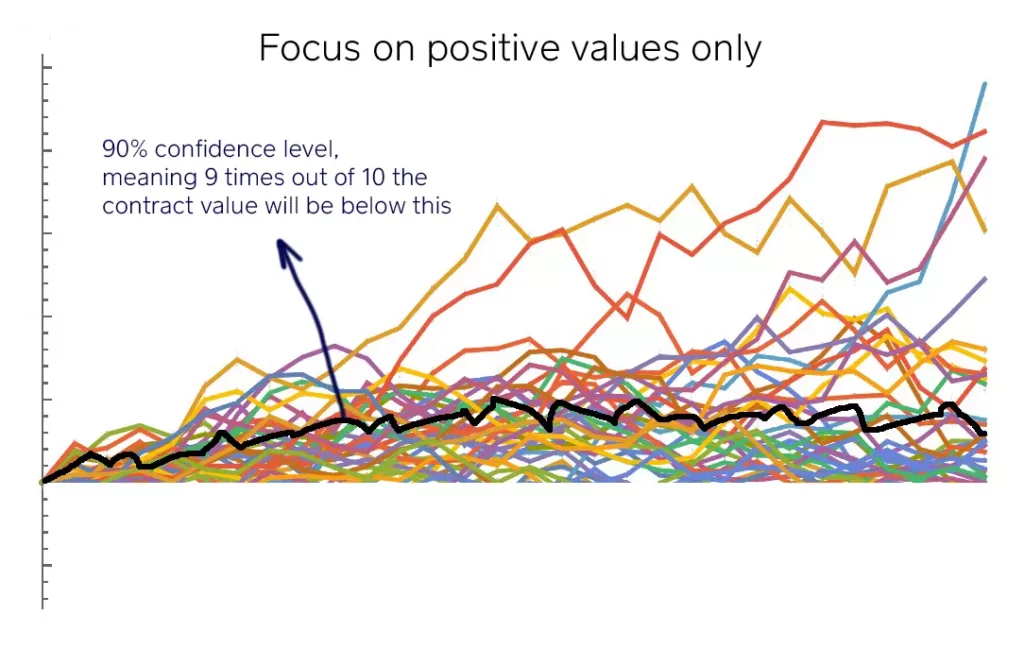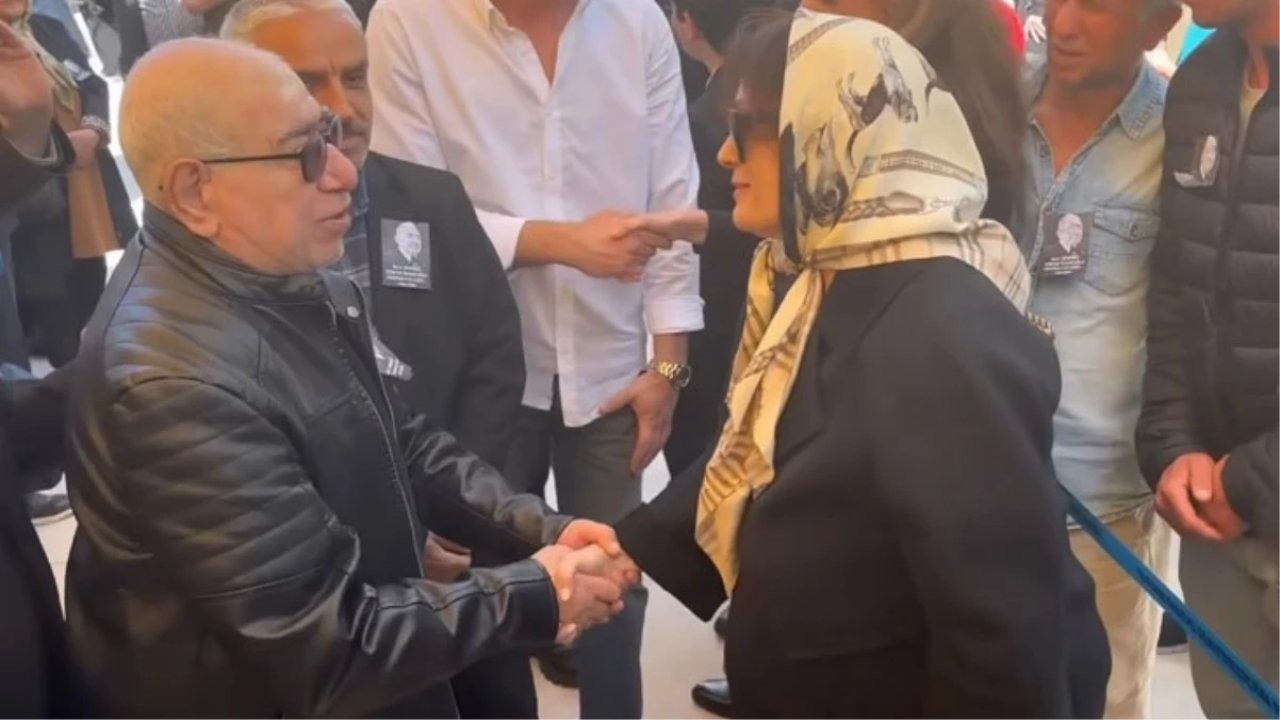Papal Name Selection: A Look At History And Potential Future Choices

Table of Contents
A History of Papal Name Selection: Tradition and Evolution
The selection of a papal name wasn't always a formalized tradition. In the early centuries of the Church, popes often retained their birth names. However, the practice of adopting a new name gradually emerged, gaining traction during the Middle Ages. This shift was influenced by several factors, including a desire to distance themselves from their previous lives and to identify with significant predecessors, adopting names associated with revered saints or influential figures.
The Renaissance and Reformation periods significantly impacted papal name selection. The Renaissance saw a renewed interest in classical antiquity, influencing some choices. The Reformation, with its emphasis on reform and renewal, might have subconsciously influenced the selection of names reflecting a desire for change or continuity.
The significance of choosing a particular name is multifaceted. It is often a deliberate act of honoring predecessors, aligning oneself with a particular theological tradition, or subtly conveying a message to the Church and the world.
- Examples of Popes choosing names with specific significance: Pope John Paul II, a clear nod to two highly influential predecessors; the selection of "Benedict" by two recent popes, referencing Saint Benedict of Nursia, a prominent figure in monasticism.
- Prevalence of Certain Names: The names John, Benedict, and Gregory appear frequently in papal history, highlighting the enduring influence of specific saints and theological traditions.
- Notable Breaks from Tradition: The adoption of relatively uncommon names, sometimes reflecting a break from established traditions or a desire for something new.
Factors Influencing Papal Name Selection in the Modern Era
Modern Papal Name Selection is influenced by a complex interplay of factors. The global nature of the Catholic Church, its worldwide presence, and the influence of global politics have become increasingly important. The selection of a name now considers its resonance across diverse cultures and languages.
Personal preferences and theological considerations continue to play a role. A new pope may choose a name reflecting a personal connection to a specific saint or theological viewpoint. This personal choice, however, must be balanced against the broader implications for the Church.
Public opinion and media coverage exert significant influence. The immediate and widespread dissemination of news through modern media means the impact of a chosen papal name is felt globally and instantaneously. The name selection becomes a carefully considered strategic communication tool.
- Examples of Modern Popes and Reasoning: Pope Francis' choice of a name associated with simplicity and humility, a departure from traditional choices, resonated widely.
- Trends in Recent Papal Name Selections: A move towards names with simpler and less traditional connotations reflects a changing Church.
- Symbolism and Messaging: The chosen name conveys a message about the pope's vision for the Church and its future.
Potential Future Choices: Predicting the Next Papal Name
Predicting the next papal name is inherently speculative, but by analyzing current trends within the Catholic Church, we can make educated guesses. The growing awareness of social justice issues, the emphasis on ecumenism, and the increasing diversity within the Church will likely influence future choices.
Potential names could include those associated with saints known for their social activism, their commitment to interfaith dialogue, or their work in diverse communities. A potential departure from established conventions might involve the adoption of a name reflecting a less familiar saint or figure, signaling a break from tradition.
- Potential Names and Meanings: Researching saints with attributes that align with the current needs and aspirations of the Church might reveal potential names.
- Impact of a Surprising Choice: A less expected name might signal a significant shift in the Church's direction or priorities.
- Geographical and Cultural Diversity: The influence of the Church's diverse global presence is likely to continue shaping future papal name selections.
Conclusion: Understanding Papal Name Selection – A Continuing Tradition
Papal Name Selection is far more than a simple formality. It’s a complex process steeped in history and tradition, influenced by evolving societal and ecclesial factors. This article has traced the evolution of Papal Name Selection from its early, less formalized stages to the present day, highlighting the historical, theological, and political influences shaping this significant choice. The symbolism inherent in a papal name continues to resonate profoundly within the Catholic Church and beyond.
Dive deeper into the fascinating world of Papal Name Selection and discover the rich history behind these significant choices. Understanding the process of Papal Name Selection and its evolving role in the modern Catholic Church provides crucial insight into the leadership and direction of one of the world's largest religions.

Featured Posts
-
 A Visual Celebration Murals Honoring Black Women In Nashville
May 06, 2025
A Visual Celebration Murals Honoring Black Women In Nashville
May 06, 2025 -
 Guelsen Bubikoglu Nun Tuerker Inanoglu Paylasimi Detaylar Ve Tepkiler
May 06, 2025
Guelsen Bubikoglu Nun Tuerker Inanoglu Paylasimi Detaylar Ve Tepkiler
May 06, 2025 -
 Ndae Alslam Mn Alhjylan Alymn Ytwq Lwqf Nzyf Aldm
May 06, 2025
Ndae Alslam Mn Alhjylan Alymn Ytwq Lwqf Nzyf Aldm
May 06, 2025 -
 Zrada Vid Maska Ta Trampa Reaktsiya Stivena Kinga
May 06, 2025
Zrada Vid Maska Ta Trampa Reaktsiya Stivena Kinga
May 06, 2025 -
 First Look Tom Holland And Zendaya At Euphoria Set Following Engagement News
May 06, 2025
First Look Tom Holland And Zendaya At Euphoria Set Following Engagement News
May 06, 2025
